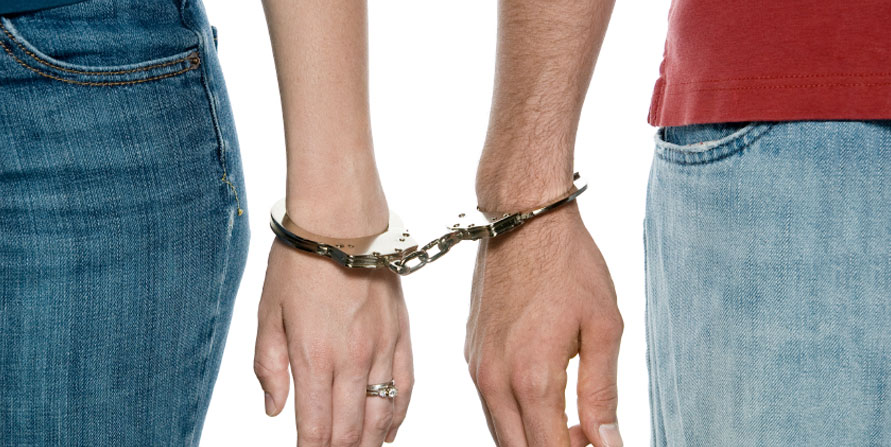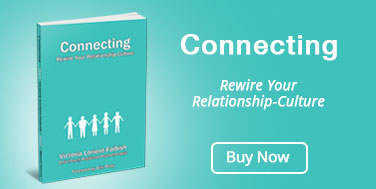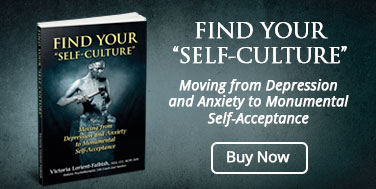Transcribed from my video at my Youtube channel Courageous Conversations
www. youtube.com/courageousconversations
The over enmeshed relationship is often glorified in the media however it comes from a very unhealthy place. The over apologizing, low self esteem codependent finds themselves in unhealthy relationships for too long but unable to free themselves due to being extremely unfamiliar with who they really are. Profound lack of boundaries are rampant in a codependent relationship. Self care as opposed to over preoccupation with the other person’s needs is the way out. The fear of rejection needs to stop driving the person. Freedom is the goal as one heals from codependency.
I would like to address a topic that is extremely common with people who have very difficult relationship, either with themselves or with others. I’m talking about codependency and the codependent relationship. Firstly, where does it all begin? Codependency is very much an over-enmeshment with the other person, overly preoccupied with what the other person is feeling, thinking or saying. A common experience with the codependent person is they’re apologizing constantly. They’re apologizing for even taking up any space, or for having needs. I see people have full-on anxiety attacks when they tune into what they need and want in a relationship. Usually this begins very early on childhood, when a baby is perceiving their environment very acutely, and they’re seeing their mother is not giving them what they need in the way they need it. They may be loving them, and giving them the nurturing and the food and the shelter, but not in the way that they need it. So the baby or child starts to develop this personality style that is either extremely apathetic, not having any needs, or extremely self-sufficient, talking too early, walking too early, and what occurs later on in life is that dynamic perpetuates itself in adult relationships in which they’re either constantly feeling they need to perform or not be authentic in order to avoid being rejected or abandoned or criticized or mocked or angered at. The person is constantly acting in ways to influence how the other person behaves with them. It’s very controlling, but they don’t mean to be controlling; they’re just trying not to feel pain. In that sense, it’s quite a compulsive way of being, an addictive way of being, in that if they don’t act in that way, apologizing constantly, doing what they feel the other person wants, they will feel the pain of feeling their own feelings, which is quite painful if they’ve never been trained to do so, and feeling their own wants and needs, but also they’ll feel the pain of the fear of possibly being abandoned.

This constant apologizing for even existing is very common among codependent people. The only way around this is through self-care. Start to really see yourself as a priority, because that’s the only way you’re going to get out of these types of relationships. I was just working with someone recently who’s in a relationship that’s very codependent, in that they don’t want to hurt the other person, they’re doing everything they can to make sure the other person is OK; meanwhile, they are forgetting themselves and they’re ending up in affairs because they’re not getting what they need from their own relationship so they end up cheating because somehow they feel that’s where they’re going to get what they need, but they can’t be truthful in their primary relationship. It’s a very painful place for this person and for anyone involved in codependency.
When codependency is present, there is very low self-esteem, not knowing what they’re feeling at all, a need to manipulate or control the relationship in order to feel safe, or staying in harmful situations or in situations that are not supportive of them way too long, I mean years and years being in a relationship they’re not happy in at all. Also, they compromise their own values in order to fit in and to be like a chameleon in their relationship.
A big tenet of a codependent person is they minimize how they feel, they deny how they feel, they’re confused often about what they actually feel, and they judge themselves very harshly. Consequently, they become quite judgmental of other people as well. The codependent life and the codependent person is really no different than an addiction, but it’s not an addiction to a substance, but more an addiction to people and emotions, so they’re not able to free themselves from the cycle of constantly feeling like they’re not good enough or like they need to apologize for their existence, etc.
Please visit Codependents Anonymous if you do find yourself in this way. Look at their literature, because they have lots of really good information there. Get into a support group of some kind and also get some therapy because in therapy, someone is going to be listening to you, hearing you, providing you with a real sense of perspective and helping you to find out what it is that you actually feel, want, need.
Victoria Lorient-Faibish MEd, RP. CCC, RPP, RPE
Registered Psychotherapist
Holistic Psychotherapist
Masters in Educational Psychology
Canadian Certified Counsellor
Registered Polarity Practitioner
Registered Polarity Educator
Reiki Master
New Decision Therapy









